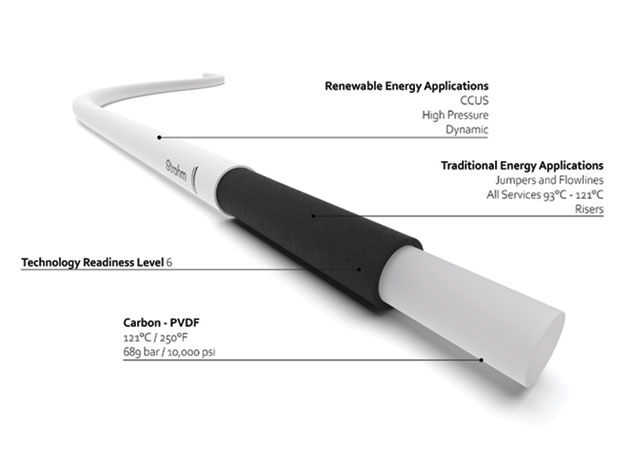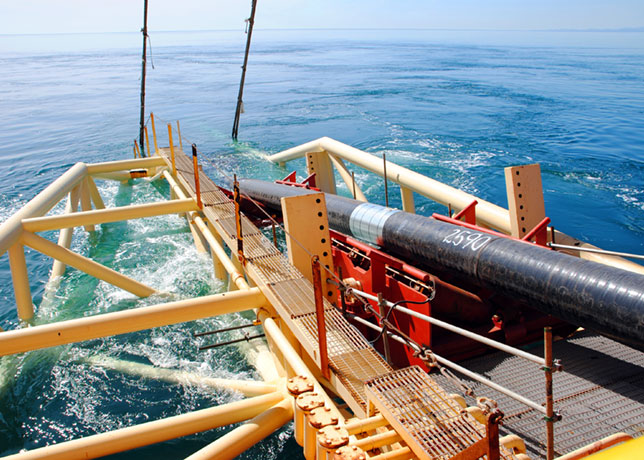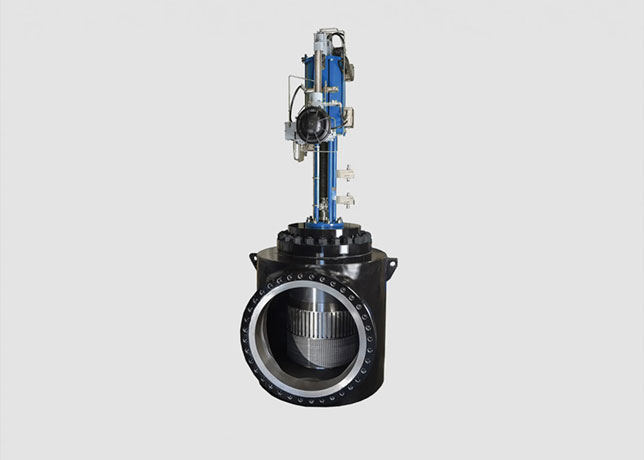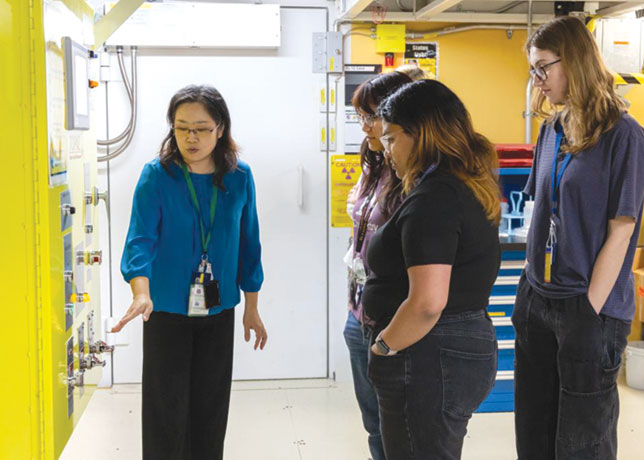
 Strohm's PVDF pipeline suits offshore CO2 injection
Strohm's PVDF pipeline suits offshore CO2 injection
Strohm, a leading thermoplastic composite pipe company, has successfully qualified its first product using carbon fibre and advanced PVDF polymer, marking the latest evolution in the company's growth and development journey, enhancing pipeline design and performance.
By combining polyvinylidene fluoride (PVDF), a high-performance polymer, with carbon fibre, the company is now in a position to offer jumpers and flowlines for use in harsh environment carbon capture and storage (CCS) applications.
With the addition this new PVDF product, Strohm has now completed its materials portfolio for CCS, meaning it can call on the optimum material for each specific project.
As a totally corrosion-free solution, with a 30-year design life and a proven smaller carbon footprint compared to steel, it is highly suitable for injecting CO2 offshore, both in depleted gas fields and aquifers.
With a long track-record in oil and gas, PVDF is renowned for having a very high chemical resistance and higher temperature capability.
Strohm's new TCP product, strong enough for ultra-deepwater hydrocarbon production, offers natural insulation and potential for high CO2 content transfer in CCS applications and offshore energy industry.
Martin van Onna, Strohm CEO, said: "One of our central pillars at Strohm is our drive to introduce disruptive technologies to the market, thereby doing our bit to help the transition move forward at pace -this is a clear-cut example of that ambition bearing fruit. There is a big future for this innovative solution, both in CCS and in conventional offshore energy, and we look forward to working with companies to help them realise the value that TCP can bring to their projects."












































































